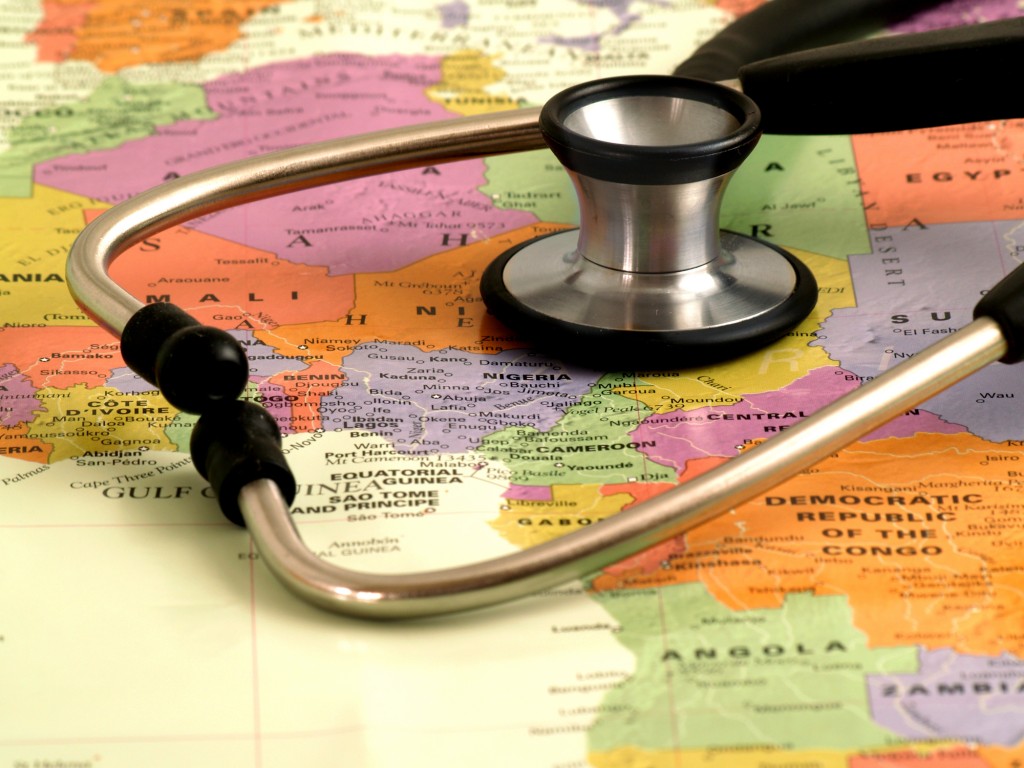What medical precautions you should take before coming to Southeast Asia? What medicine should you pack? Here we take a look at our most frequently asked questions …
What Vaccines should someone have before travelling to Southeast Asia?
All travellers should ensure that they are up-t0-date on routine vaccinations which includes the measles-mumps-rubella (MMR) vaccine and the diphtheria-tetanus-pertussis vaccine.
In addition it is recommended that most travellers should get:
Hepatitis A : You can get hepatitis A through contaminated food or water.
Typhoid : You can get typhoid through contaminated food or water especially if you plan on visiting smaller cities or rural areas, or if you are an adventurous eater.
Depending on your itinerary some physicians will recommend:
Hepatitis B : You can get hepatitis B through sexual contact, contaminated needles, and blood products.
Malaria : You should avoid mosquito bites to prevent malaria. You may need to take prescription medicine before, during, and after your trip to prevent malaria, depending on your travel plans, such as where you are going, when you are traveling, and if you are spending a lot of time outdoors or sleeping outside. Talk to your doctor about how you can prevent malaria while traveling.
The Centers for Disease Control and Prevention has a great website that allows you to choose your destination and the kind of traveller you are (with children, pregnant, etc.) before supplying the appropriate advice.
Please check with your doctor, local health department, a travel doctor to ensure you feel comfortable with the choices you make with regard to optional inoculations.
What medical supplies do I need to bring with me?
Travelers should always be prepared for emergencies, but you don’t need to go over-the-top with your packing your first-aid kit. Unless you’re heading way, way off the beaten track, you can pick up basic medical supplies from most pharmacies around Southeast Asia. Band-aids, antiseptic cream, lip balm with sun protection, cold and flu pills, diarrhea pills, hand sanitizer, insect repellant and some pain relievers are all readily available, though it should be noted that they may not have the brands that you are used to. If you are a stickler for your favourite brand of ibuprofen, it might be best to bring some along.
What about traveling with prescription medications?
Most prescription medications are fine to travel with. For added safety keep them in their original containers and pack them in your carry on luggage.
Some prescription medications for legitimate health conditions — ADHD medications and some painkillers in particular — may come under scrutiny by foreign officials or not be allowed. In some countries, drugs that are legal and readily available in the West are considered illegal, require a prescription, or may arouse suspicions among local officials and customs and immigration authorities. It is always best to contact the your embassy to clarify the status of your prescription medication before travelling if you have concerns.






This covers almost everything one should know about vaccines and medications for a journey SE-asia, good job!
Good article. One more vaccine I would recommend is Rabies. There are lots of stray dogs in some countries.
Greetings from tiket.com
Definitely!